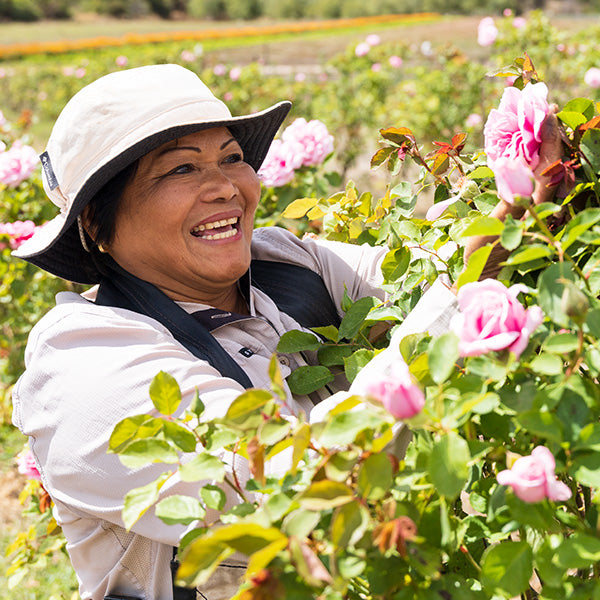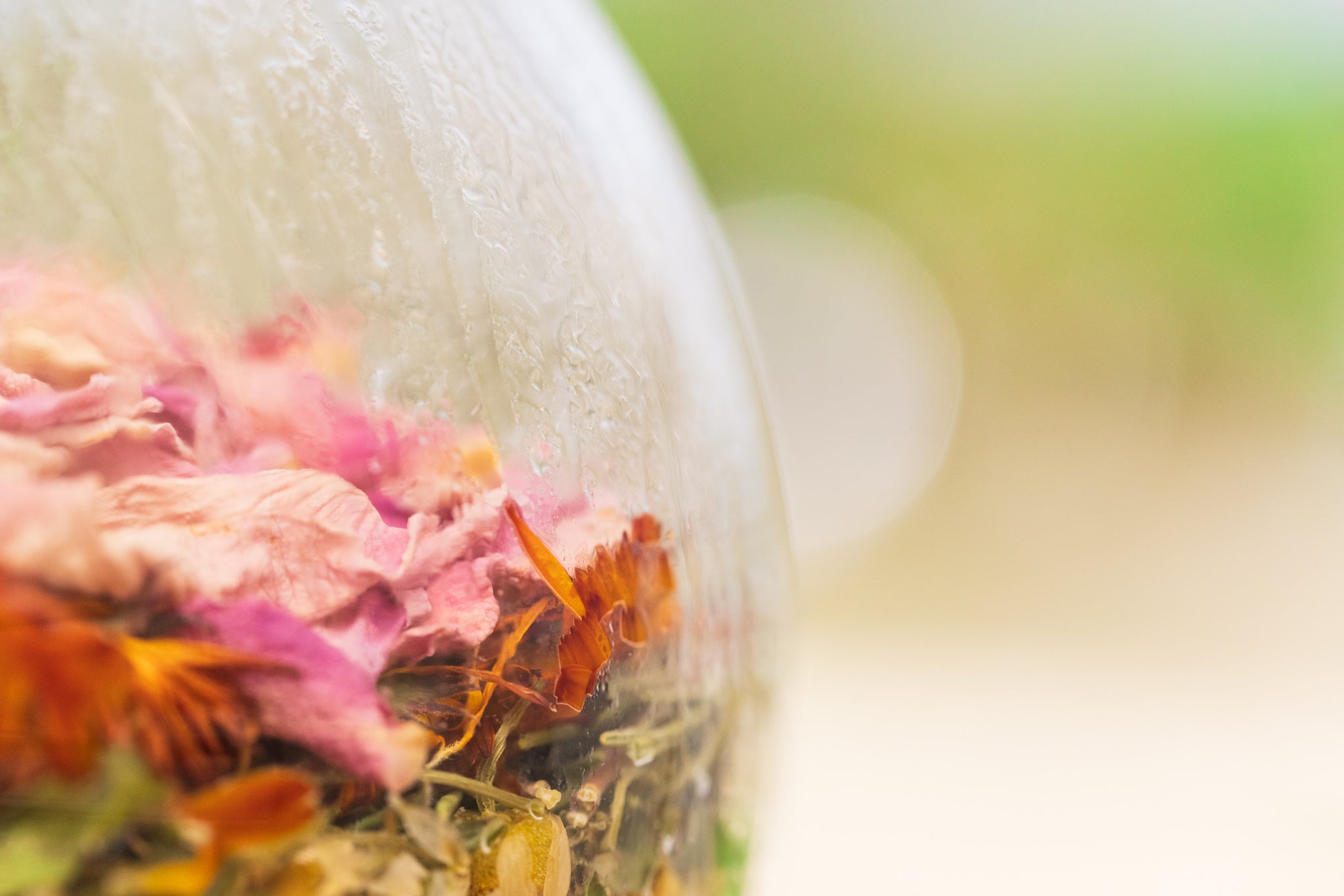The essential protein that keeps our complexion bouncy, collagen is the scaffolding our skin needs to stay plump1. Like most super structures, collagen breaks down over time and as we age production slows2. And while smoking and ultraviolet radiation are two of collagen’s greatest enemies3,4, we can harness natural collagen boosters to restore a plump, youthful appearance.
TYPES OF COLLAGEN
Of the many types of collagen, there are two essential for skin maintenance1: Collagen VII supports stability and Collagen I’s densely packed fibres, provide structure. Essentially, their job is to provide strength and enable the skin to withstand stretching1. As collagen production slows with age, skin may feel less firm and robust.

COLLAGEN AND SKIN HYDRATION
Water is a large percentage of collagen’s weight1,5, it’s important to stay well hydrated and substitute the cup of coffee with a glass of water. Choosing a topical product that stimulates collagen production may improve skin elasticity and hydration, to help address advanced signs of skin ageing such as deep lines and wrinkles.
THE COLLAGEN NUTRIENTS
Eating foods that build collagen or boost collagen production may also help promote a supple complexion6. Collagen is a protein and is made up of building blocks called amino-acids. Specifically, collagen is made up of four amino acids (lysine, proline, hydroxyproline, and arginine) and also requires other nutrients as precursors to its production1.
Eating a diet that is rich in a variety of proteins, as a source of amino acids, and vitamin C, an essential co-factor in collagen production7, may therefore help your body’s own collagen production8. In addition, natural sources of vitamin E, such as sunflower seeds, almonds and wheatgerm oil, may help to reduce collagen breakdown. Foods such as avocadoes, spinach and butternut squash are a source of both vitamin C and vitamin E.

COMPLEXION SELF-CARE
Daily stimulation of the skin may help promote collagen production9. Using a facial massage roller with your favourite serum or oil, work the roller over your face, neck and decolletage for 3-5 minutes. Explore our Nutri-Define range now, or visit our blog for more skin care and body tips.
REFERENCES
- 1 Lodish H, Ber A, Zipursky SL et al. 2000, Molecular Cell Biology, 4th edn, section 22.3, W.H. Freeman, New York.
- Varani J, Dame MK, Rittie L et al. 2006, ‘Decreased Collagen Production in Chronologically Aged Skin: Roles of Age-Dependent Alteration in Fibroblast Function and Defective Mechanical Stimulation’, American Journal of Pathology, vol. 168, no. 6, pp. 1861-1868. DOI: 10.2353/ajpath.2006.051302.
- Knuutinen A, Kokkonen N, Risteli J et al. 2002, ‘Smoking affects collagen synthesis and extracellular matrix turnover in human skin’, British Journal of Dermatology, vol. 146, pp. 588-594.
- Bosch R, Philips N, Suárez-Pérez JA et al. 2015, ‘Mechanisms of Photoaging and Cutaneous Photocarcinogenesis, and Photoprotective Strategies with Phytochemicals’, Antioxidants, vol. 4, pp. 248-268. DOI: 10.3390/antiox4020248.
- Asserin, J, Lati, E, Shioya, T, Prawitt, J 2015, ‘The effect of oral collagen peptide supplementation on skin moisture and the dermal collagen network: evidence from an ex vivo model and randomized, placebo-controlled clinical trials’, Journal of Cosmetic Dermatology, vol. 14, pp. 291-301.
- Jhawar N, Wang JV, Saedi N 2018, ‘Oral collagen supplementation for skin aging: A fad or the future?’, Journal of Cosmetic Dermatology, vol. 19, pp. 910-912. DOI:10.1111/jocd.13096.
- Schagen, SK, Zampeli, VA, Makrantonaki, E, Zouboulis, CC 2012, ‘Discovering the link between nutrition and skin aging’, Dermato-Endocrinology, vol. 4, no. 3, pp. 298-307.
- Pullar, JM, Carr, AC, Vissers, MCM 2017, ‘The Roles of Vitamin C in Skin Health’, Nutrients, vol. 9, no. 866, DOI:10.3390/nu9080866.
- Miyaji A, Sugimori K, Hayashi N 2018, ‘Short- and long-term effects of using a facial massage roller on facial skin blood flow and vascular reactivity’, Complementary Therapies in Medicine, vol. 41, pp. 271-276. DOI:10.1016/j.ctim.2018.09.009.







